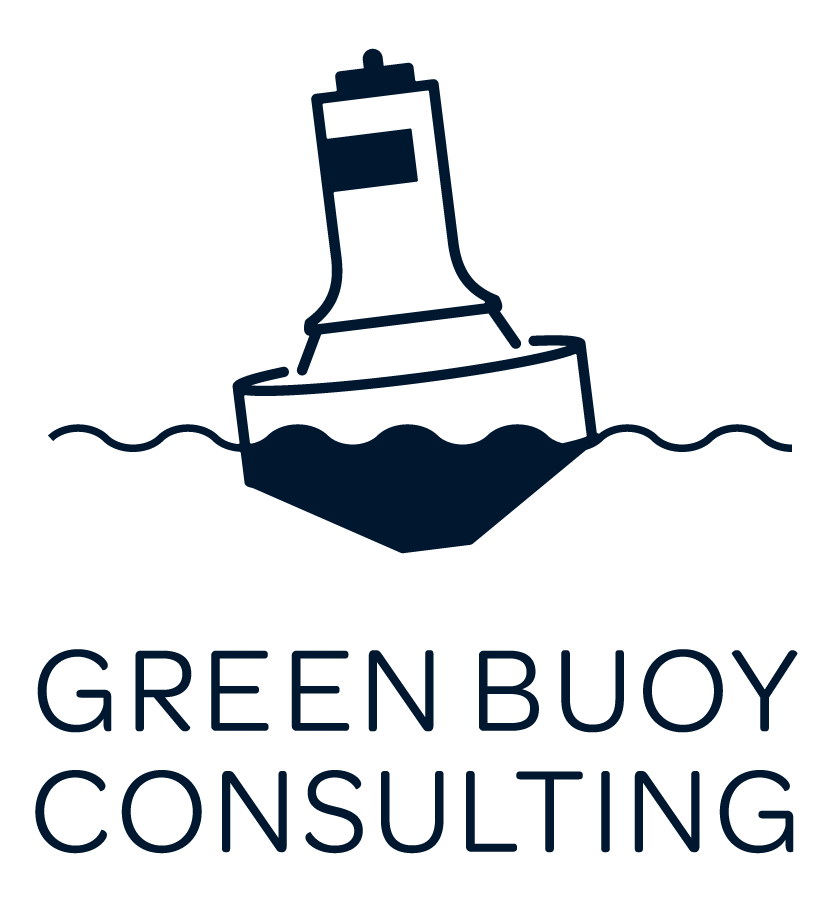How to be an Eco-Minded Consumer
If you’re interested in sustainability in your business, you’ve probably considered becoming eco-minded outside of your business. In your home life, with your family or out and about, once you start seeing sustainability, it’s hard to stop. Here are some guidelines to follow when you want to start consuming things in an eco-conscious way.
Why is it important to be an eco-conscious consumer? We vote with our dollars. There has been an excess of news recently about purchasing aligning with values. Remember the Soul Cycle discussion from August 2019? These are real questions people are grappling with. If you value the environment, consider how your purchases affect it.
“Why is it important to be an eco-conscious consumer? Because we vote with our dollars.”
There are multiple ways to think about purchasing and everyone has different budgets, habits, and needs. I hope these suggestions get you thinking about purchasing in a different way, or make you think of your own list of pre-purchase questions.
The goal of this is to be better, not perfect. Sometimes you need the fast fashion top, or want to purchase something without thinking about any of this. And that’s ok. Even thinking about this half the time is still better than before.
This is not a fully comprehensive list, so please add your suggestions. Share in the comments, below!
Ask, “Do I Really Need This?”
Each purchase, everything you buy, do you need it or is it adding to the waste of “stuff?” I quantify this by asking, is this something I already have? Is this something I can borrow from someone else? If it’s something larger or more expensive, I give myself 48 hours. If I am still thinking about it, I will buy it. Usually the urge goes away.
Related: How to Create a Sustainability Mindset
This is hard to do with sale items!! Consumer culture is created for impulse buying. Those “40% OFF! Today Only!” signs know exactly what they are doing. Use yourself as your compass, not a sale sign. If you really do want it, purchase it. Let your barometer of need or want make the decision.
Another part of need versus want is what emotion is driving the purchase? Am I bored? Am I buying this to impress someone? If I find myself bored and shopping online, I go for a walk or try to distract myself.
Where Does This Come From?
Environmental factors like distance travelled, item composition, ethical concerns and source are all checklist items for purchasing. If you’re purchasing food, was this grown in your state or did it fly from Chile? Fruits and vegetables flown in from other places use excess fossil fuels to reach you. A shirt that was made in Bangladesh that is on sale for $5, it travelled to you from there, using oil and gas. It is probably made of plastic materials. Do you think the person that made it was paid a living wage? If possible, make an effort to purchase things that were grown, made or recycled close to you. Even swapping one item a month or a week makes a difference and sets up a good habit.
Consumer Culture and You
Think of food, fashion, furniture. If you’ve read about fast fashion, or seen the volume of items on craigslist or the companies created just to sell used furniture, you know how much “stuff” is created daily. The amount of food thrown away at restaurants, the people who purchase new furniture each year.
How are you feeding into this or benefitting from it? Living in the United States, or another first world company, affords us an enormous luxury that we often take for granted. Are you using consumption to keep up with someone? How does social media fit into your idea of what you need versus what you want? These are questions I consider when I want something new or feel the urge to purchase something that a friend has.






